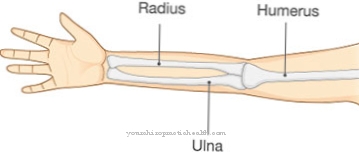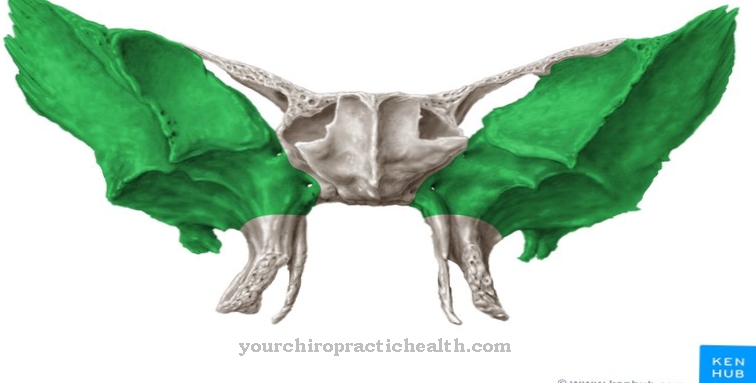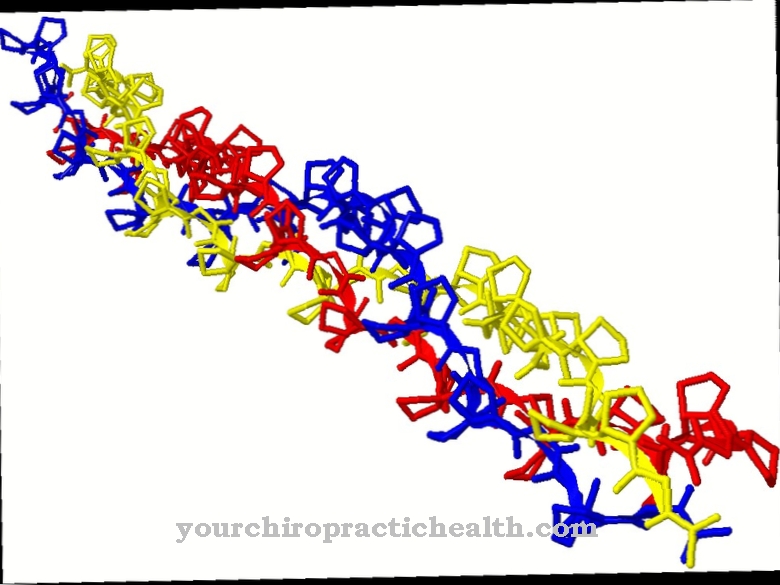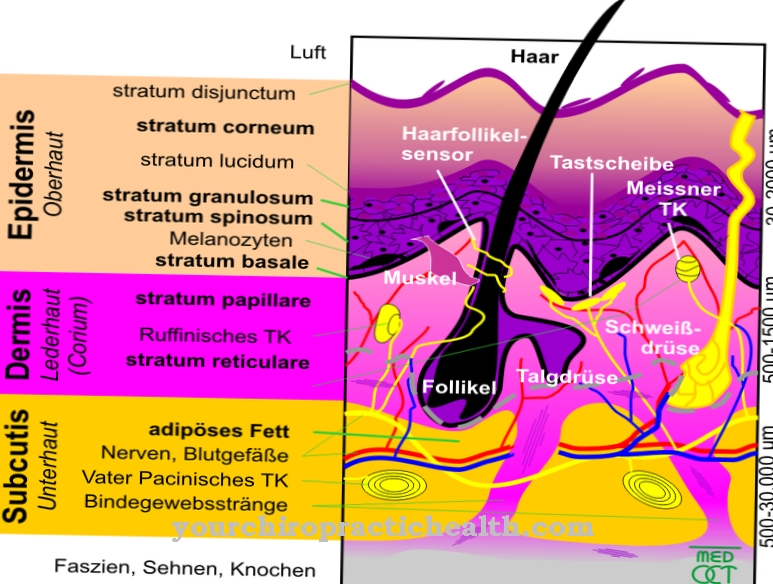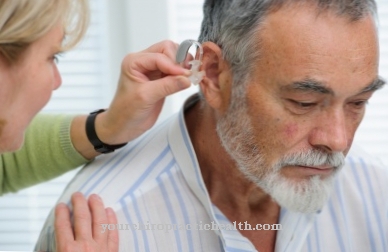A phobia is an anxiety disorder or a strong fearful response to objects, situations, or people for no objective reason. The body and mind are alerted and react very differently to the fear triggers, which can range from blood, altitude, closed spaces to crowds or darkness. The fear of doctors and especially dentists has existed for many centuries. There are many reasons for this, as are the treatment methods. Doctors usually assume bad experiences in the past, which can develop into a phobia over the decades. This article provides more information about adult anxiety disorder.
What is dental phobia in children?

When going to the dentist, children often have the feeling of being at the mercy of a stranger. This can be remembered over the years, especially if the first experiences are not very positive.
When going to the dentist, children often have the feeling of being at the mercy of a stranger. This can be remembered over the years, especially if the first experiences are not very positive. However, regular treatment by a specialist doctor is very important for healthy oral hygiene and general health and can have a lasting positive effect on later life. Parents who notice anxious behavior or problems in their children during or before a doctor's visit should therefore work with the doctor to find out where the fear comes from and how it can be combated.
Cause of phobia in children
In both adults and children, traumatic experiences are common reasons for developing a phobia. These can be accidents, other mental illnesses, operations, but also violence and abuse. It is important to recognize these extreme cases first, because they are often not directly related to the dentist or the practice, but are fundamental fears of being at the mercy, of pain or the use of force. Parents who notice a major change in their children should therefore seek support from specialists.
A large area of influence for children is the behavior of adults and their own parents. If they themselves are very afraid of the dentist or do not come into the treatment room, they tend to refuse the treatment. Some studies have found that children can learn their parents' fears, especially with very strong reactions like spiders, heights, or doctors. It is therefore important to fight your own fears so that the child cannot acquire the fears and can cope well with the unfamiliar situation. Other reasons are very negative stories from other children who may have had bad experiences with doctors or in the shame of the condition of their own teeth.
It is often a combination of many causes, because if you are afraid of injections or nausea, for example, you will not be able to deal positively with some of the dentist's treatment processes. Children quickly develop fears and caution towards people and situations in which they do not feel comfortable.
In the case of doctors who do not leave a positive impression at the beginning or where the child is even experiencing initial pain, these fears can very quickly become entrenched. Those who do not go to the dentist regularly run the risk of neglecting their oral hygiene in general and damaging their teeth, which can lead to metabolic diseases, injuries to the oral cavity or carcinomas of the tongue.
Many other illnesses and problems such as headaches and back pain or even allergies and heart problems are due to poor dental hygiene and its consequences in some patients. Patients withdraw from social contacts, because of the shame or the pain severely limit their quality of life. Therefore, parents should consciously take action against dental phobia in childhood.
Signs & Behaviors

Children usually express themselves very directly, saying what they feel and think. Common signs include tremors, nausea, racing heart, or shortness of breath, but the behavioral changes are very clear, especially in children. While adults can always postpone or cancel the set dates, children are of course not able to determine them themselves.
There is an attitude of refusal, crying fits, screams or withdrawing into one's own room. But even at the dentist himself, the child can appear very calm at first, only to panic in the treatment room, not to open his mouth or to cry. An examination or treatment is then often no longer possible.
Dental phobia has only been a recognized mental illness for a few years, and it is accepted by both doctors and those in the immediate vicinity of those affected. Therefore, forcing the children to have treatments or visits is very counterproductive, as this can further exacerbate the phobia. Such a phobia can be treated very well these days.
Treatment methods & prevention for children
Taking away the fear is not an easy task if it has been around for a number of years. Many doctors recommend that you make appointments with the dentist in the sixth to eighth month of life and again in the 16th to 18th month and have the six-monthly check-ups performed from the age of two.
Ideally, parents take their children with them to the dental examination and show that the treatment does not have to be painful and that they do not need to be afraid of it. However, many doctors recommend remaining realistic and explaining processes and devices to the children in detail. The DZMGK, German Society for Dental, Oral and Maxillofacial Medicine, provides an overview of the early stages of life of children and their dental development.
However, if a dental phobia is pronounced, other treatment methods are appropriate. After a professional consultation, parents should go to the dentist with the child, who initially does not treat or examine them, but explains the practice and plans in detail. As a result, the child gets to know the treatment room as a safe space and can trust the treating doctor. In the next session, depending on the strength of the phobia, the doctor can already examine the oral cavity, but should not treat it immediately so that the child can slowly get used to the surroundings and the procedure.
If there are findings, the doctor should explain to the child and parents exactly how he would like to treat them and what steps are necessary for this. Many parents are often not entirely sure which treatments are relevant and which methods the doctor can use at all. In this summary, the most important steps of a visit to the dentist are listed and explained, from ultrasound and X-ray to the different types of anesthesia and the protocol of a general examination.
Painless treatment is particularly important in children, so dentists should use anesthetics that should be tailored to the needs of the children. Many do not like injections and panic at the sight. Some good alternatives are for example:
- Hypnosis and behavioral management
- Local anesthesia with surface anesthetics
- Laser treatment
- Laughing gas
Nitrous oxide is not widespread in Germany, but has been experiencing an upswing since the successes in the USA and other countries, because children in particular are numbed by this sedation without feeling pain and can still cooperate with the doctor. Hypnosis is not without controversy, but many doctors and patients swear by the method, which works without additional substances and drugs.
Trained therapists can use it to alleviate fears and put patients into a hypnotic state in which they are calmer and feel less or no pain. However, children are much more difficult to hypnotize than adults because they cannot concentrate as well and usually need a fantasy journey or other stimuli for the trance. Further information can be found under the following entry.
Dental phobia is not a disease that parents should deny their children or take seriously. In order to avoid years or decades of anxiety disorder, which usually starts in childhood, parents should react to fears and changes in behavior at an early stage and work carefully and patiently with the child on the phobia. With pressure and coercion, symptoms increase and later health restrictions can be the result. Affected parents may even be able to seek treatment with the children.

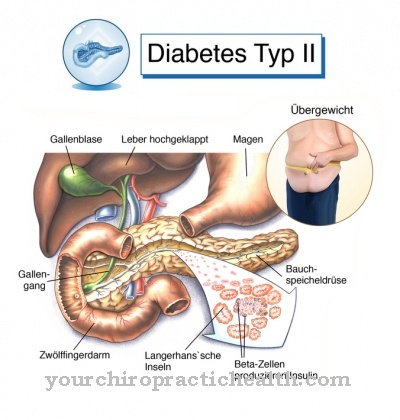
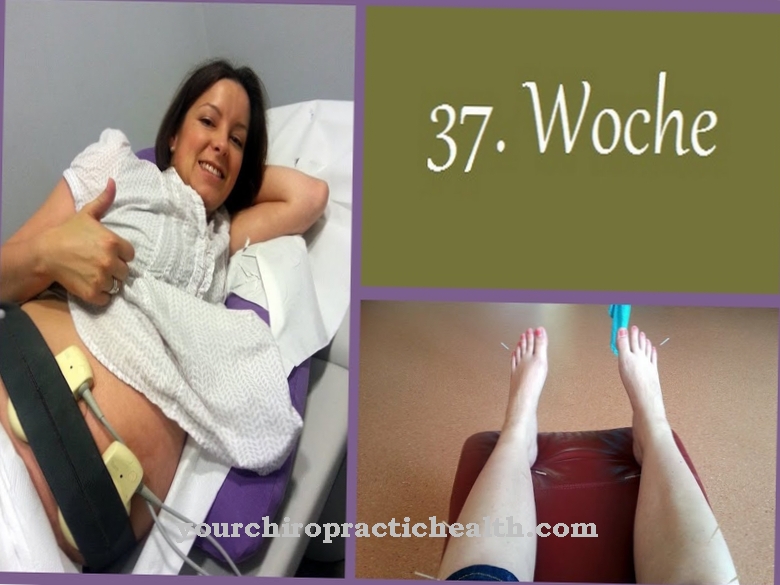
.jpg)


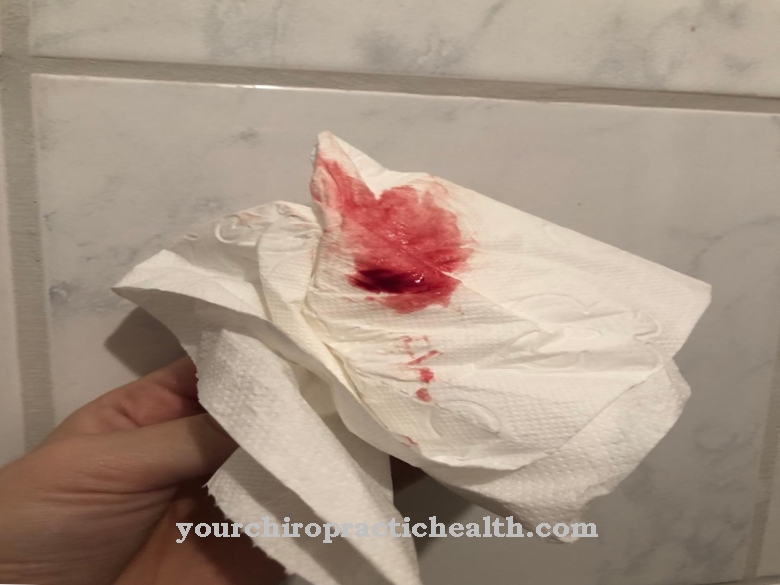

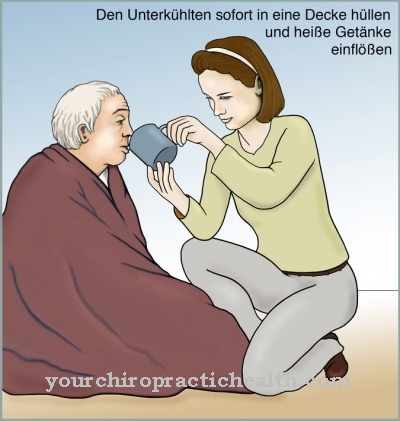
.jpg)



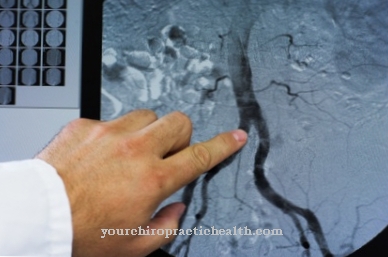

.jpg)



